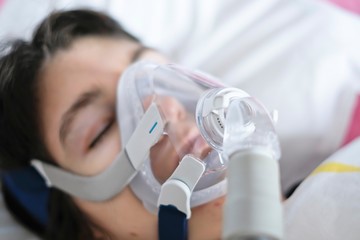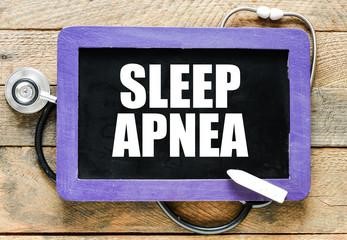Table of Contents
CPAP Machine Benefits for Immune System
Use your CPAP, Avoid the Flu
 It’s a beautiful morning, but oh no, you have got the sniffles! Nobody likes the flu, and the flu comes with coughs, sneezes, and sick days in plenty. So, how can you protect yourself from flu and other respiratory viruses?
It’s a beautiful morning, but oh no, you have got the sniffles! Nobody likes the flu, and the flu comes with coughs, sneezes, and sick days in plenty. So, how can you protect yourself from flu and other respiratory viruses?
There is a natural, enjoyable, and typically overlooked way to help your body stay healthy during winters. You guessed it; sleeping well can help you prevent sickly sniffles, and studies can explain why that happens. Using a CPAP machine to help you sleep is crucial. Thus, there are many long-term benefits of CPAP use, like enhancing your immune system.
Does Having Less Sleep Make You Unhealthy?
In the 1980s, scientists noticed that sleep deficiency weakens the immune system and affects the mechanisms that help us fight off diseases. It became evident that the effects of both; sleeping less than usual and low quality of sleep, was linked to an increased risk of contracting flu and other respiratory viruses.
In 2009, the definitive connection was established when 153 healthy men and women and their sleep habits were compared with these individual’s susceptibility to a common cold virus, rhinovirus.
For two weeks, contributors’ sleeping habits and quality of sleep were questioned and noted. At the end of the 14 days, the brave volunteers were offered an infectious dose of the virus rhinovirus, under proper ethical approval.
Over the preceding days, some of the participants came down with the full flu infection while others were only slightly affected, or did not get sick at all! Scientists charted and mapped the outcomes and found out that those participants who slept fewer than seven hours were almost three times more likely to contract an infection as compared to those who had eight or more hours of sleep.
More recently, a study done at Washington State University in Spokane has gained some insight into why a good night’s sleep is such a great medicine against disease. Sleep is linked to a brain protein called AcPb and was shown to speed up recovery from the H1N1 flu in infected lab mice.
The same was concluded from interesting twin research that examined 11 pairs of identical twins with different sleep habits. The twin who had chronically reduced sleep had a weaker immune system. “The immune system functions best when it gets enough sleep”, said lead author Dr. Nathaniel Watson, co-director of the UW Medicine Sleep Center at Harborview Medical Center.
Sleep Apnea and the Immune System
Because untreated sleep apnea leads to fragmented, poor quality of sleep, efficaciously treating your sleep apnea will get you healthy sleep and a natural immune system booster for fighting off infections.
Regrettably, excellent sleep does not guarantee a year free of the flu!
Practice these Must-Do’s around Flu Season to Be Healthy:

- Get Your Sleep: Sleep certainly is good medicine. Attempt to curb your normal activities and avoid stress if you are feeling an oncoming sickness, so you can provide your body with the maximum opportunity to heal itself.
- Medical Experts: encourage getting the flu shot
- Wash your hands always. To protect others in your home from getting sick, lather up with soap and wash for at least a full minute. A facemask will also assist in stopping the spread.
- Keep hydrated. Sipping water or tea will help thin mucus secretions in the lungs so you will breathe a bit easier.
- Use a pain reliever if recommended by your physician to ease aches and pains that come with flu.
- Get steamy. If you feel congested, take a long extra-warm shower and let the steam help loosen trouble-causing mucus.
- If you are sick: Stay at home. Sharing is fine most of the time, but not when you have the flu. If you must leave your home, contemplate wearing a facemask to help prevent spreading the virus to others.





 Shop
Shop



